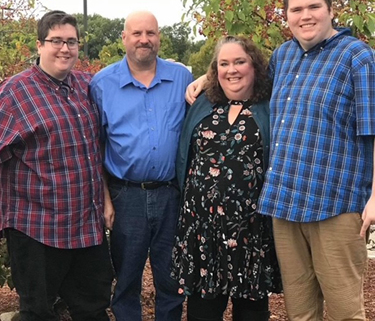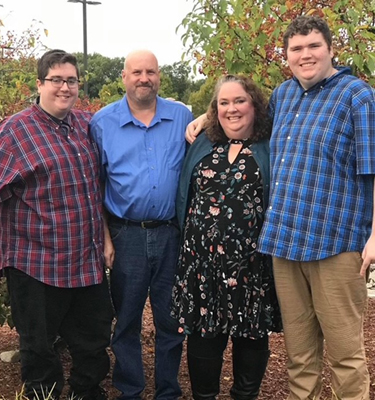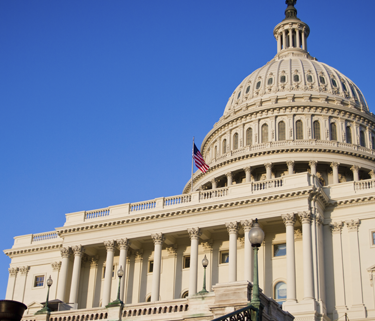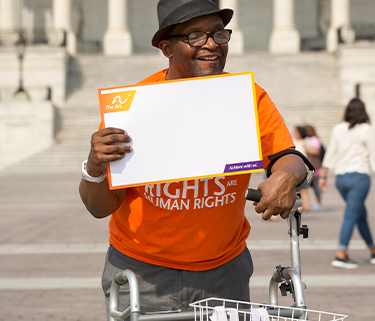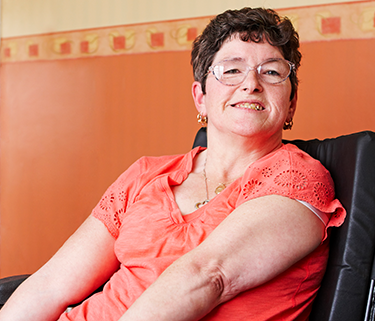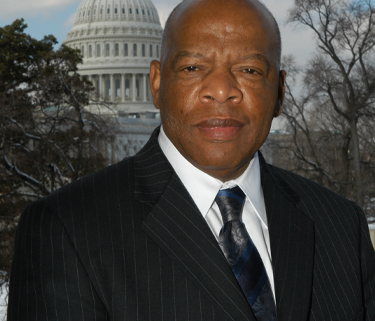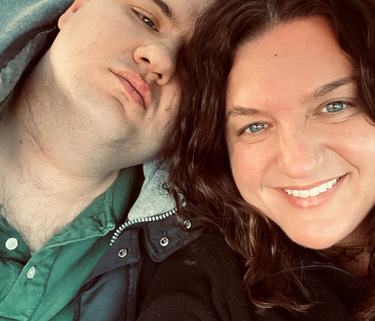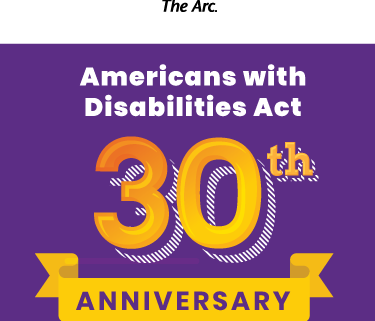The Affordable Care Act: What’s at Risk?
The Affordable Care Act (ACA) made significant progress in expanding access to health care for individuals with intellectual and/or developmental disabilities (IDD). Access to consistent and reliable healthcare is critical for individuals with IDD, and the ACA created much-needed reforms to health insurance, addressed systemic discrimination, and expanded coverage. Yet it will all be at risk on November 10 when the U.S. Supreme Court hears a case seeking to overturn the law. Leading up to the ACA’s day in court, here is a primer on what the ACA does for people with IDD, and what’s at stake if the law goes away.
The ACA:
- Helps people get health insurance
- Requires that plans can’t exclude you or charge you more based on preexisting conditions
- Bans benefits caps (annual and lifetime caps)
- Requires all plans to cover “essential benefits”
- Provides financial assistance for low-income people to access healthcare
Loss of Health Coverage: Without the ACA, millions of adults and children may lose their health coverage, or it may become unaffordable. Millions of families may be left with limited and expensive options, with inadequate coverage.
Pre-existing Conditions: We are concerned about the possible loss of protections for people with pre-existing medical conditions, including people with IDD. Millions of Americans have “pre-existing” medical conditions that could disqualify them from buying a health insurance policy if the ACA is dismantled. A “pre-existing condition” is any health problem a person has before new health coverage starts. It includes a broad range of common conditions such as diabetes, high blood pressure, cancer, or seizure disorders, including all types of disabilities.
Without the protections of the ACA, any “pre-existing condition” could mean a person or family buying insurance would pay much more for a policy, if they could get one at all. Before the ACA, an insurer could outright deny people coverage for a specific pre-existing condition, charge them more, cancel a policy after the fact for utilizing needed health care, or deny health insurance coverage overall. Without the ACA, employers could drop coverage for any or all of the conditions they are now required to cover. The Trump Administration publicly committed to “protecting individuals with pre-existing conditions” but there are no specifics on how this would be accomplished.
COVID Connection: Some of the millions of Americans infected by COVID-19 will have long-term health conditions that are “pre-existing conditions.” This new reality could make it challenging to find health insurance. And millions of Americans are now also without jobs and without employer-provided health insurance, so the need for affordable care is even greater.
Lifetime and Annual Limits: Before the ACA, lifetime and annual caps were permitted. Even with insurance, this meant enormous out-of-pocket costs or losing your insurance if medical bills cost more than the capped amount. Individuals and families face going without needed treatment or bankruptcy when the caps are exceeded.
Essential Benefits: Before the ACA’s passage, many plans did not cover important services, like maternity care or mental health treatment. The ACA requires all plans to cover 10 “essential health benefits,” including rehabilitative and habilitative services and devices that are vital to people with IDD.
Preventive Care: If we lose the ACA, we also lose preventive care with no out-of-pocket cost. This means adults and children would no longer be able to access important services including immunizations, preventive screenings, well baby and well child visits without cost-sharing. Fewer people may get preventive exams to catch medical issues before they became serious or life-threatening (and more difficult and expensive to treat).
Expanded Coverage for Children until age 26: Prior to the ACA, many health plans removed adult children from their parents’ coverage, regardless of whether they were a student or lived at home with their parents. Under the ACA, plans that offer coverage for children must cover them until they turn 26. It’s been an important coverage expansion for millions of young adult children who have been able to stay on their family health insurance plan.
Affordability Provisions and Loss of Federal Subsidies: The ACA allowed states to extend their Medicaid programs to childless adults earning up to 138% of the federal poverty level. This change has provided coverage to millions of people, including individuals with IDD and other disabilities who were not otherwise eligible for Medicaid. If we lose the ACA, States would be forced to cover the 90% of the cost of the Medicaid expansion that the federal government currently pays, which may be all but impossible in the current economic situation. We may also lose refundable tax credits and cost-sharing assistance that helps reduce the burden on lower-income individuals and families.
Long Term Supports and Services: Several provisions of the ACA were designed to assist states to rebalance their long termsupports systems and invest in the community instead of costly and outdated institutions. States who expanded these options could face a devastating blow if the ACA is struck down. For example, with Community First Choice or 1915(k), 392,7000 individuals in 8 states (California, Connecticut, Maryland, Montana, New York, Oregon, Texas and Washington) would lose services totaling $8.7 billion per year. With respect to the State Plan Home and Community-Based Services Option or 1915(i), 81,000 individuals in 10 states and DC (California, Connecticut, Delaware, DC, Idaho, Indiana, Iowa, Mississippi, Nevada, Ohio, Texas) would lose services totaling $641 million per year. This change would hurt people with IDD and curtail their opportunity for a full life in their community.
Protecting Civil Rights in Health Care: The ACA also includes the fundamentally important Section 1557 nondiscrimination provision, that prohibits discrimination on the basis of disability (and other protected categories) in health programs and activities.
Impacts on the Health Care System: Overall, a court decision that strikes down the ACA (or important parts of it) could have a broad, harmful impact on the health care system, especially during a pandemic when resources and staff are already strained. It would also increase uncompensated-care costs for hospitals. Health care systems and hospitals that serve disproportionately high numbers of low-income people will be the most at risk, and could be forced to cut services.


